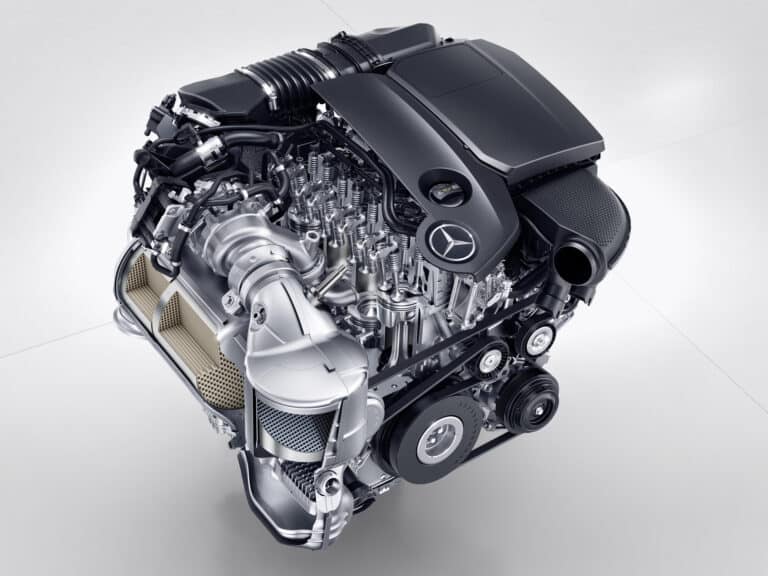The effect of inflation on the price of fuel
The inflation is an economic phenomenon that significantly impacts various sectors, and one of the most affected is the cost of fuel. As inflation rises, the prices of energy products like gasoline tend to escalate, which restricts the purchasing power of consumers. This article aims to analyze how inflation contributes to the increase in fuel prices and the repercussions this has on everyday economics, reflecting a cycle where the rise in fuel prices further fuels inflation. Exploring this relationship is essential to understanding its impact on the cost of living and the overall economic dynamics.
The inflation is an economic phenomenon that affects various sectors, with the fuel sector being one of the most impacted. As production costs for gasoline and other fuels rise, the final price paid by consumers also increases, reducing their purchasing power. This article will explore the different ways in which inflation affects fuel prices and their relationship with everyday economics.
The direct relationship between inflation and gasoline prices
For several months, gasoline prices have been continuously rising. This phenomenon is directly linked to the rise in inflation, which has reached concerning figures. In April 2023, the price of Magna gasoline experienced an increase of 35%, while Premium rose 34.5% compared to the previous year. This strong increase has undoubtedly contributed to the inflationary pressure in the economy.
Impact on the Consumer Price Index (CPI)
The increase in fuel prices has a direct impact on the Consumer Price Index (CPI). Various studies have demonstrated that each one-percentage-point increase in fuel prices can lead to an additional 4% increase in the CPI. Thus, the growing burden represented by paying for gasoline affects the prices of other goods and services, including food and transportation.
The impact on consumers’ purchasing power
As fuel prices rise, consumers’ purchasing power is eroded. This means that with the same income, people can acquire fewer goods and services. Gasoline, being an essential element for mobility, impacts the daily expenses of households. Issues related to gasoline savings have gained relevance, as consumers seek strategies to minimize their costs.
Consequences in other economic sectors
Inflation in fuel prices also generates repercussions in other sectors of the economy. Those sectors that depend on transportation, such as food and commerce, face increases in their operational costs, which often translates into higher prices for consumers. Additionally, uncertainty in fuel prices can affect consumption decisions, as seen in the automotive market, where consumers hesitate to purchase new vehicles, aligning with the general trend of economic caution.
The global impact of gasoline prices
The global context of fuel prices exacerbates the situation. In many parts of the world, the increase in fuel costs has been particularly acute, further complicating families’ ability to meet their basic needs. In this scenario, it becomes crucial to understand how these increases in fuel prices affect individuals’ daily lives.
The role of renewable energies
Renewable energies are positioning themselves as a potential solution to the high dependence on fossil fuels. The discussion around the use of electric vehicles and other sustainable alternatives has intensified, as these options could help mitigate inflationary impact and reduce the economic burden faced by consumers.
Statistics on the cost of fuel and inflation
According to economic analysts, the rise in gasoline costs has significantly contributed to inflation in various regions. In the United States, consumer prices surged 3.7% in August 2023, a fact that was conditioned by the rise in fuel costs. This scenario highlights the interrelation between fuel prices and overall economic stability.
In conclusion, the effect of inflation on fuel prices is a complex issue that impacts the daily lives of consumers and the functioning of the economy as a whole. Adaptation strategies and the pursuit of sustainable alternatives are essential to face these economic challenges.
The inflation and the fuel price are intrinsically related, such that the variation in one of these elements can have a direct impact on the other. As production costs rise due to inflation, the final price of gasoline also increases, which affects the consumers’ economy. This means that when inflation accelerates, citizens feel the pinch in their wallets, as their purchasing power decreases.
Recent studies have demonstrated that the increase in gasoline prices not only affects those who use this fuel but also generates a domino effect across various sectors of the economy. This includes an increase in prices of products and services, from food to transportation, which accentuates the inflationary phenomenon. For instance, it has been evidenced that each percentage point increase in fuel prices can raise the retail price index by an additional 4 percent, thereby exacerbating the inflationary situation.
Moreover, in contexts where fuel prices have risen dramatically, the crisis this generates can be more intense. The dependence on fuels in modern economies accentuates the connection between energy prices and inflation. This link can cause considerable economic pressure on families and businesses, which must adapt to the new reality of high costs.
In summary, the relationship between inflation and fuel prices is complex and multifaceted. Understanding this link is essential to anticipate changes in the market and the repercussions on people’s daily lives, emphasizing the importance of closely monitoring these economic indicators.



